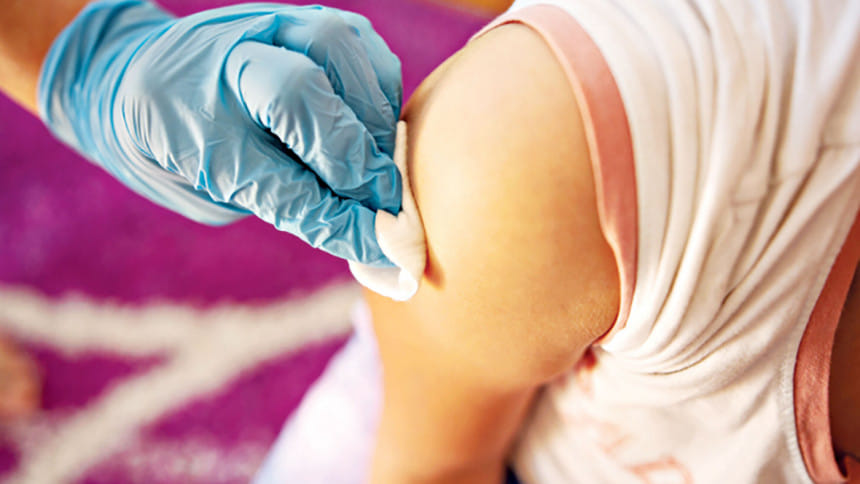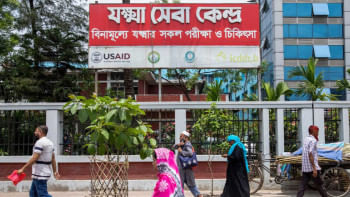Single-dose HPV vaccine for cervical cancer prevention

The World Health Organisation (WHO) has announced the approval of Cecolin® as the fourth prequalified human papillomavirus (HPV) vaccine for use in a single-dose schedule. This decision is based on new data meeting WHO's 2022 criteria for alternative vaccine schedules, and it marks a significant step toward increasing the sustainable supply of HPV vaccines, particularly in low- and middle-income countries.
Cervical cancer, which affects over 660,000 women globally each year, is largely preventable through HPV vaccination. Tragically, 90% of deaths from cervical cancer occur in low-resource settings, with 19 of the 20 hardest-hit countries located in Africa.
Since 2018, HPV vaccine rollouts have faced global supply shortages, further impacted by production issues earlier this year. However, the approval of Cecolin® for single-dose use provides countries with an additional option, allowing them to vaccinate more girls against HPV, a key step in eliminating cervical cancer.
Dr Tedros Adhanom Ghebreyesus, WHO Director-General, emphasised the goal of eradicating cervical cancer, highlighting the impact of the new vaccine schedule. In 2023, global HPV vaccine coverage among girls aged 9–14 years increased to 27%, with 57 countries adopting the single-dose schedule by September 2024.
In addition, WHO has prequalified a fifth HPV vaccine, Walrinvax®, which is currently available in a two-dose schedule. Ongoing research will determine its potential for single-dose use in the future.
Source: World Health Organisation

 For all latest news, follow The Daily Star's Google News channel.
For all latest news, follow The Daily Star's Google News channel. 



Comments